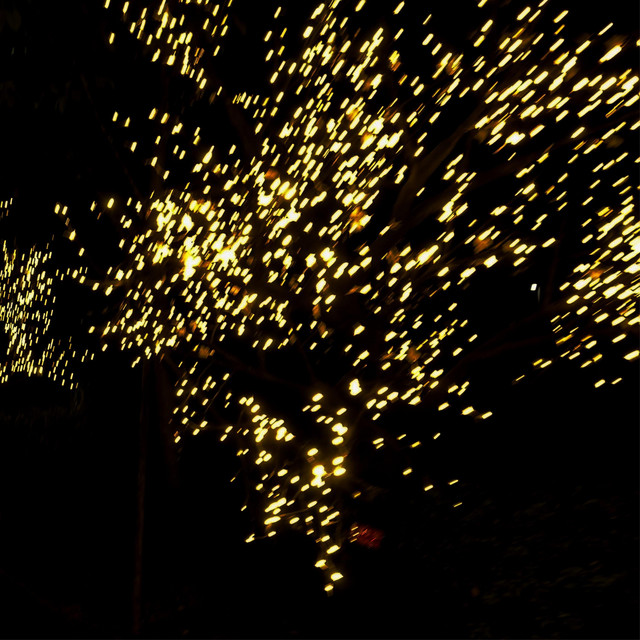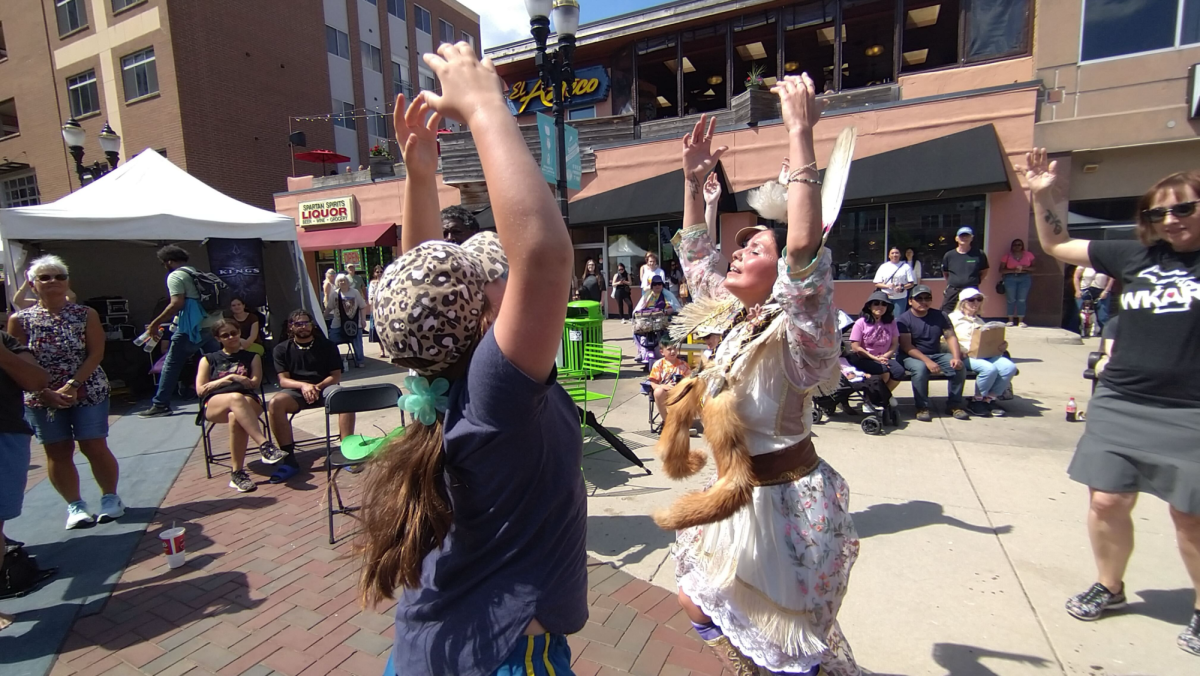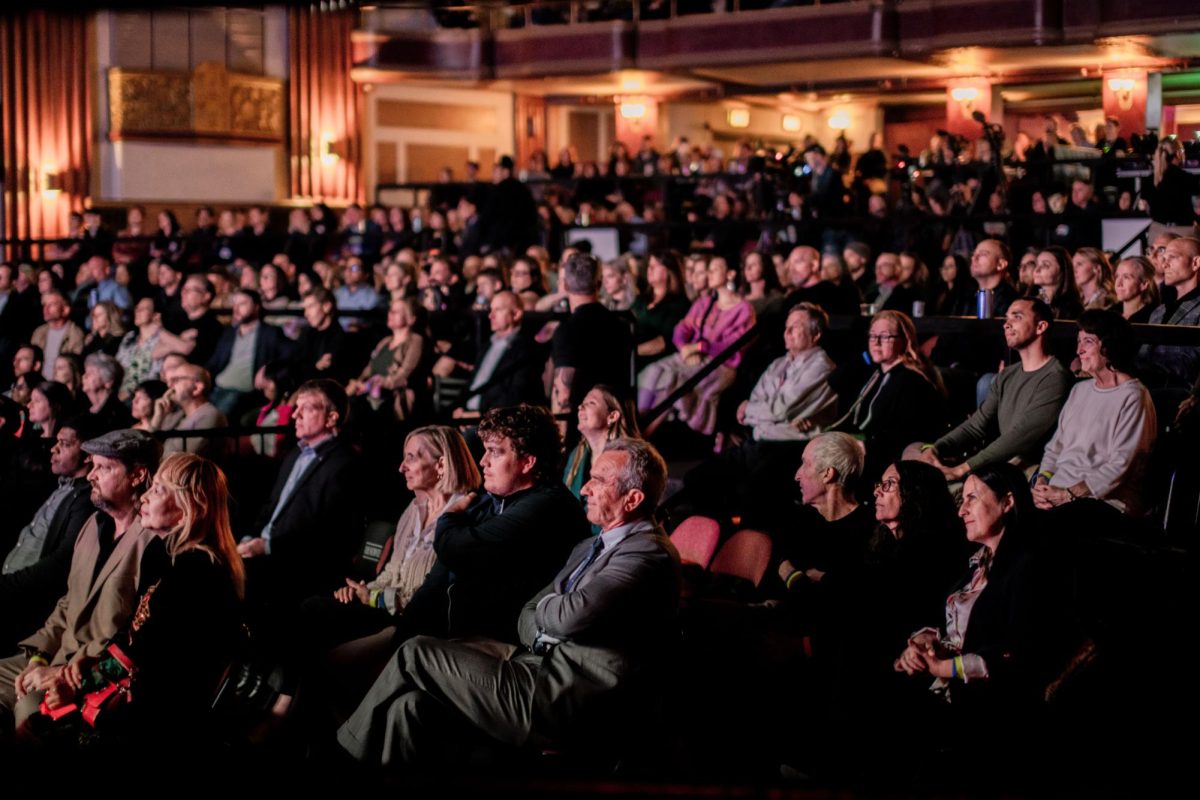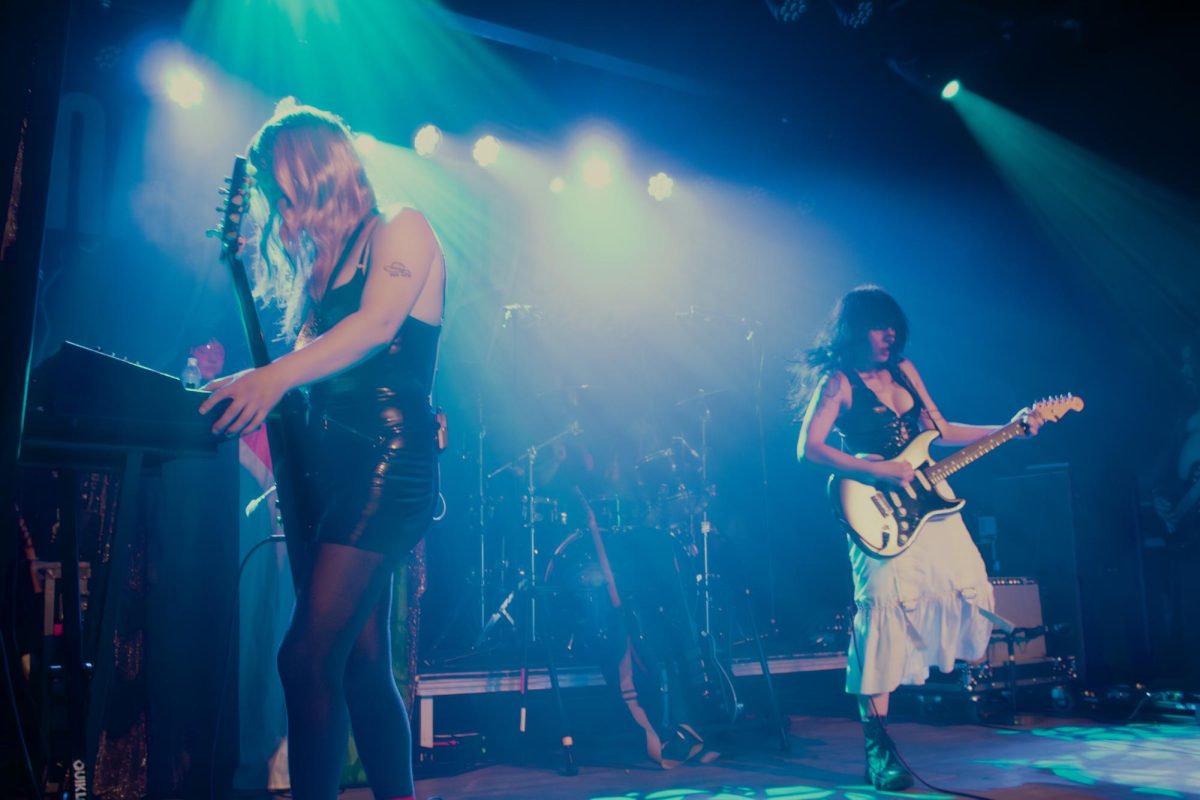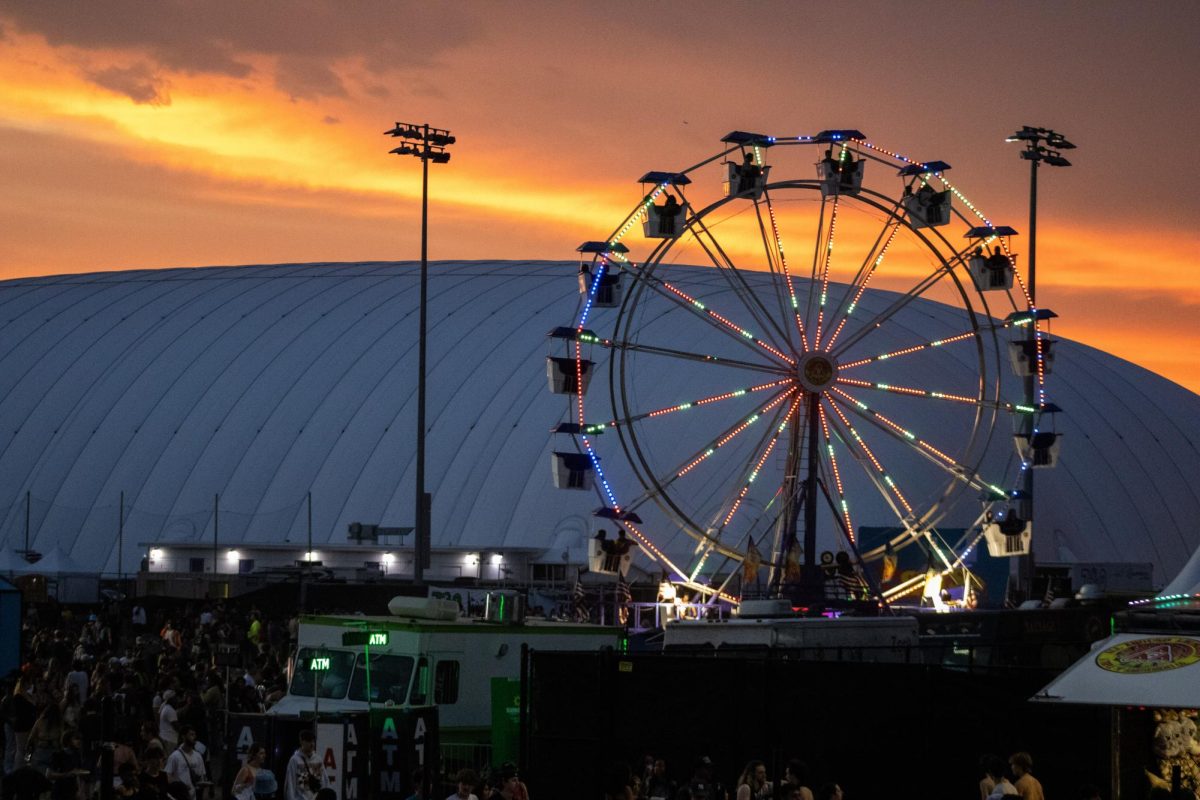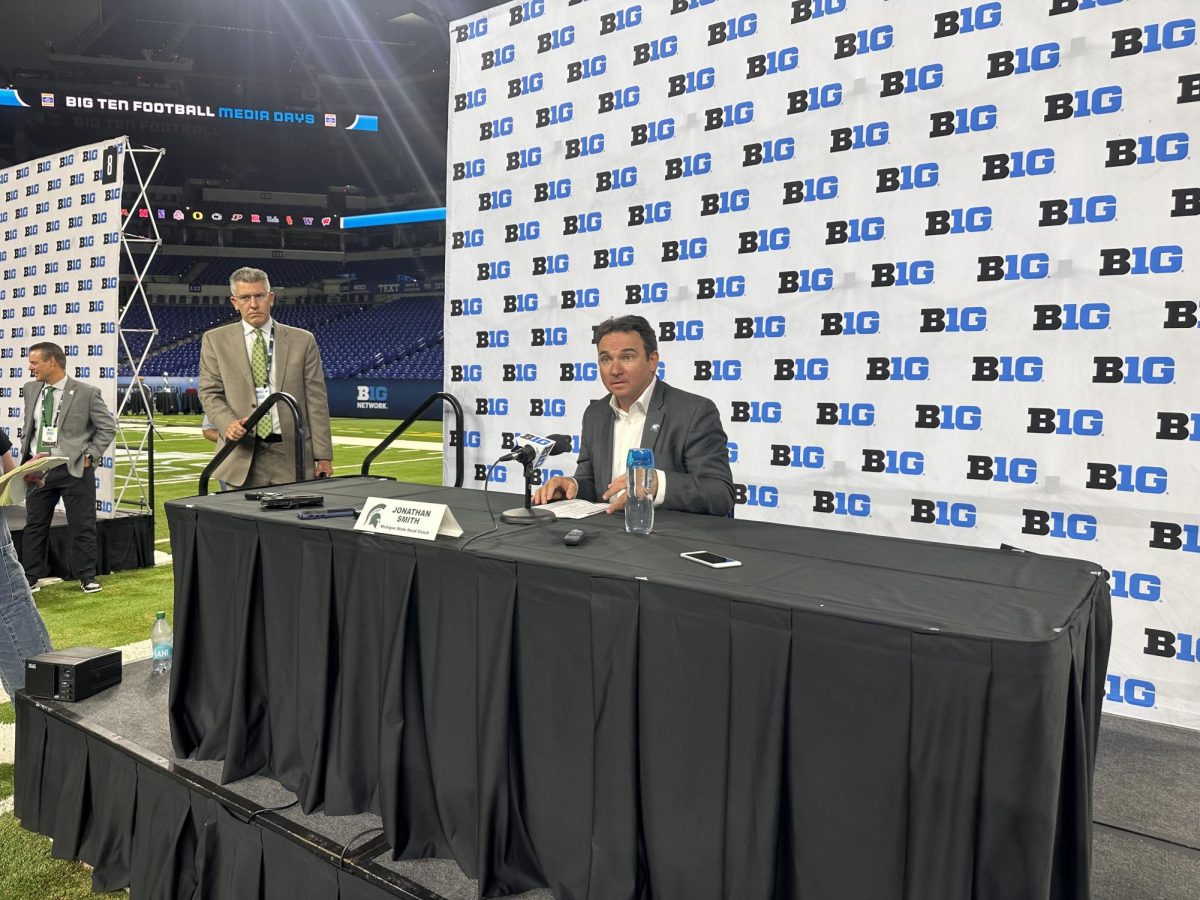A Spellbinding Luminescence | “We Shine at Night” by Parannoul
January 20, 2023
2023 is a year where many people have their eyes on Parannoul. The South Korean anonymous wunderkind has been touted as the budding voice of a new generation of Korean artists, inspiring many contemporary and future acts on account of his breakout sophomore effort, To See the Next Part of the Dream.
2021 and 2022 had Parannoul earning critical and listener acclaim with the split album Downfall of the Neon Youth, the collaborative EP Paraglow with Asian Glow and contributions to albums by Fax Gang and noun.
Paraglow, especially, has shown Parannoul to be moving away from the lo-fi, noise-drenched sound that he is known for. “Wheel,” the 14-minute epic that closed out Paraglow, was the largest indicator of this stylistic shift that Parannoul has been embarking on for the past year. Gone were intense walls of sound and heavy guitars suspended in a suffocating mix.
Given instead were instrumental flourishes of rich percussion: bells, chimes, xylophones and the like formed a much more careful arrangement of instruments as a unified whole. Rather than making a conscious effort to obscure a lack of skill, it seems his entire perspective had inverted into a careful demonstration of instrumental prowess.
For better or worse, the artistic footnotes that were stitched together to make To See the Next Part of the Dream a love letter to the shoegazing genre were gone. But in its stead is a much more eclectic, impressive, mature and personal composition, all of which carried over to “We Shine at Night,” the latest single teasing Parannoul’s third album, After the Magic. “We Shine at Night” is driven far more by a self-confidence teased through his most recent works, and all for the better. The track explodes with Parannoul’s voice in a youthful exuberance — it is clear and present in the mix: unwavering and defiant.
Carrying the multi-structural facets that Parannoul has been experimenting with, the track is composed with plucked guitars, a barreling rhythm and passionate vocals staggered between moments of instrumental brilliance.
“낯선 손을 잡고 서로를 이어 /
세상을 앞질렀던 여름밤 /
이젠 오지 않는 시간들 이후 /
우린 서로를 기억할까요.”
Between the clamoring gongs, pummeling snares and crashing cymbals, Parannoul makes his voice heard. The hook is clear and passionate: a resolute vision one might not have assumed of him had they only heard his juvenile work.
While Parannoul has cemented his mastery of “proper vocals,” he still wants to show the listener that the artist they fell in love with still retains his core sensibilities.
The instrumental strips itself in a second suite. Only linked together by a lethargic guitar lead, the plucked strings instigate the axis of this truly gyroscopic track.
A confessional whisper enters the soundscape and is then followed by staggered claps and decaying frequencies which drag themselves behind the whisper, which is slowly supplanted by a deep and convictive howl. The refrain transforms into an outro of pure conviction and beauty.
“끝나지 않았어 /
집으로 돌아가자.”
“La la la la,” he sings alongside fellow Korean musician Della Zyr. The track fades with their voices, but they become so lost in its rapturous bliss that time may as well be infinite.


